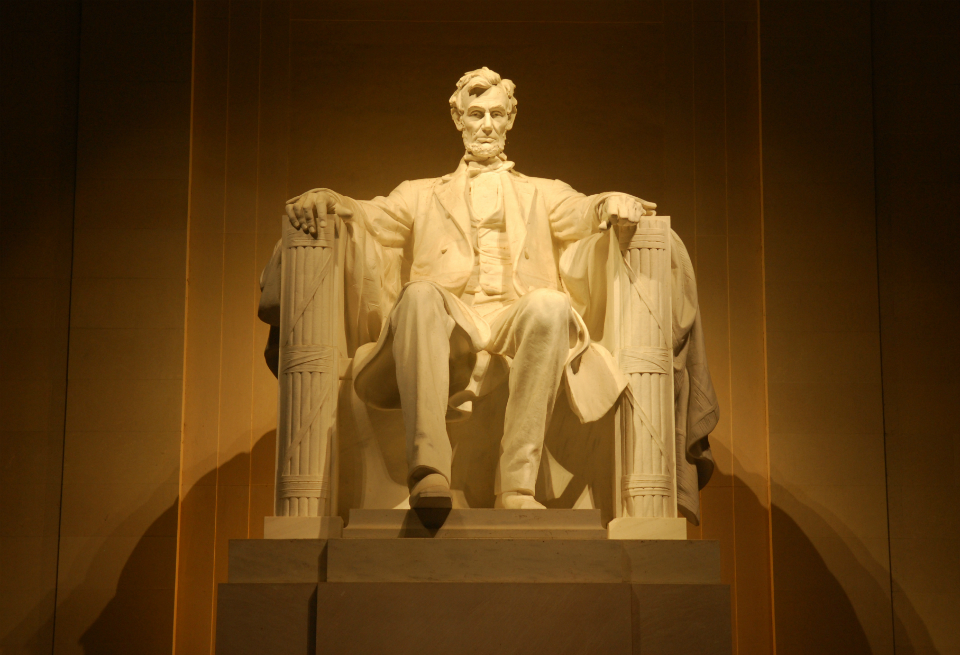 This blog originally appeared in the Milwaukee Journal Sentinel.
This blog originally appeared in the Milwaukee Journal Sentinel.
For generations, American historians and American citizens have agreed that our greatest presidential leader was Abraham Lincoln, aka “Honest Abe.”
George Washington is often considered first runner-up. In a fictional nineteenth-century children’s book, Washington, as a little boy, said “I cannot tell a lie.”
Now we are pondering life in a “post-truth” era, wondering whether truth can keep pace with “fake news,” and slack-jawed over an American president-elect who has repeatedly and flagrantly flunked fact checking. As Mark Twain pointed out, “A lie can travel halfway around the world while the truth is putting on its shoes.”
Perhaps it would be useful to consider one of Honest Abe’s most famous statements: “You can fool all the people some of the time and some of the people all the time, but you can’t fool all the people all the time.”
So can you really fool all the people some of the time? Only if they don’t care what you are saying and unwilling to check it out. Stuff that really matters is also stuff that some people will surely know about or will take the time to investigate if they suspect someone is trying to fool them.
Who are these people you can fool all the time? In general, they are either intellectually challenged, ignorant of relevant truths, or in thrall to unverifiable beliefs.
Little children are easy to fool because they just don’t know much, so people often delight in fooling them with seemingly innocent stories about Santa Claus, the Easter Bunny, and the Tooth Fairy.
People who believe in unverifiable creeds, doctrines, and ideologies are easy to fool simply by pandering to their beliefs. True believers tend to double down on their beliefs when challenged by verifiable evidence. One good example is the belief in trickle-down economics, which claims that tax cuts for rich people benefit people who are not rich, even though this has never happened since money was invented 5,000 years ago.
Most importantly, why can’t you fool all the people all the time? Essentially because, over the millennia, people have been gradually learning how the universe works and how we can function effectively within it. We’ve recognized that mathematics is not a matter of opinion or religious doctrine, so two plus two must always equal four. Physics, chemistry, medicine, and engineering are demanding taskmasters, requiring years of study, and they absolutely resist falsification and cheating.
Throughout all of human history, tyrants and dictators have manipulated people through ignorance, fear, and resentment. For centuries, however, many people have recognized that widespread understanding of math, science, history, ethics, economics, and social science allows a community to govern itself. For generations, democratic forms of governance (of, by, and for the people) have thrived on norms of equality, freedom of expression, universal education, and honesty in public discourse.
Professional norms in government, medicine, law, education, business, and journalism are based on deeper norms of truthfulness and responsibility to the larger community. Democratic communities can flourish only if citizens trust that those norms are observed by the fellow citizens who practice those professions. We have wiped out many diseases, doubled the human life span, and improved the human condition significantly since Honest Abe was president.
In the absence of fear and resentment, educated citizens in democratic cultures are pretty hard to fool. After all, if math and science were not reliable, we would have no tall buildings, cars, airplanes, computers, or cell phones. There would be no social media on which to share fake or real news.
Some Americans right now are denying a lot of what trained scientists and educated citizens understand about a range of important issues. Some of those deniers have garnered more than their fair share of political power, essentially by fooling some of the people some of the time. That can’t last. But in the meantime, denying truth can have disastrous consequences.






